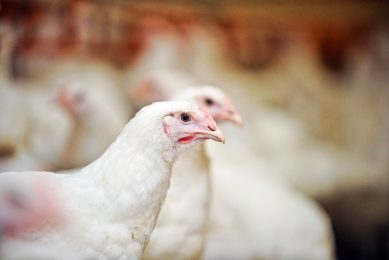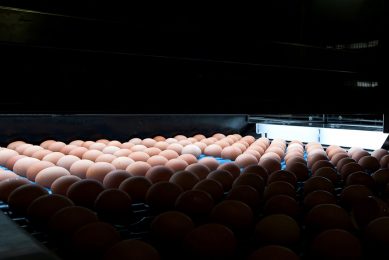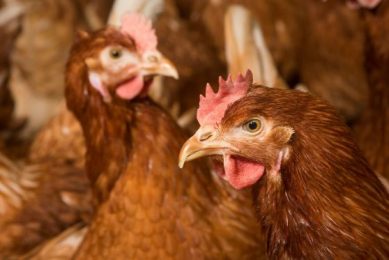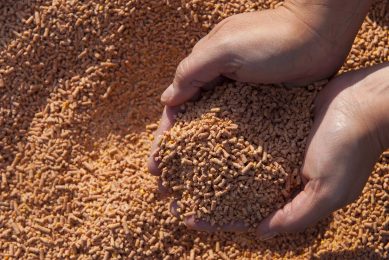Washing can allow pathogens to enter food chain
Washing floor drains in poultry and food processing facilities could actually make it easier for Listeria monocytogenes to travel from the drain to points on the processing line, reports Food Safety Consortium researchers at Kansas State University.
The researchers already knew that the open floor drains in processing environments can harbour the bacteria, which is why those drains are the targets of high pressure washing and cleaning. They found out a new angle: the aerosols generated by the washing can transfer the bacterial cells away from the drain as intended but onto surfaces where food is being processed a few feet above the floor.
The situation can be remedied, but workers need to be trained how to do so, said Jasdeep Saini, a KSU doctoral student in food science who researched the issue with food science professors James Marsden and Daniel Fung. The workers would then modify their cleaning procedures.
“If the worker who is actually doing that knows that this is the point from where the translocation of bacteria is actually occurring and is told to be careful, some change in that respect can be made,” Saini said.
The research team ran tests to find out the potential for translocating L. monocytogenes from drains to food contact surfaces. The researchers placed stainless steel markers at heights of 1, 3 and 5 feet above the drain level. They checked the markers after using a high-pressure hose to wash the drain and took samples after 8 hours and again after 48 hours.
The numbers for both the 8-hour and 48-hour tests showed that bacterial cells from the drain were found at all three height levels, the highest number at the 1-foot level closest to the drain. More bacterial cells were present on the contact surfaces after 48 hours than after eight hours, likely because of the longer time available for the cells to proliferate and form a biofilm – thin, resistant layers of microorganisms – as protection against environmental stress.
“Listeria has been known to form bioflilms,” Saini said. “Biofilms develop between 36 and 48 hours. If there are biofilms existing in the drain, how those are actually translocated can cause contamination on the line.”












